Forever Not Knowing What The Future Will Hold
The Ongoing Saga Of A Canadian Adoptive & Foster Mom In Japan
Before I start answering your questions and address your anxieties as parents in my upcoming column, I should first reflect on my own.
At the end of the fostering series, I wrote about the challenging (to say the least) adjustment process our family went through with our foster daughter. I said that she’d calmed down, was behaving wonderfully, and we really felt like a family now. I am not talking any of that back, mind you, but I thought, in the interest of truth, that I’d qualify some of what I’d said, so that readers wouldn’t go away thinking that we were all living happily ever after now after a mere 10-month adjustment period.
As I will be soon starting a series based on readers’ questions and anxieties related to adoption and fostering — or simply parenting — I realized that I should first address my own struggles and thoughts that always go through my mind even on good days. Here are a few of them.
I’m not sure if my kids consider me their mother
When we first adopted my son, I told him to call me “Mommy,” which he did until about grade 3 of elementary school, when he told me he would start calling me “Okaasan.” My heart swelled and my head almost came off from joy, but I realized later that his decision likely came from the fact that he didn’t want to be different from his friends. He’ll be 12 in a few months and with our foster daughter coming into our family and the discussion of birth parents being (re-)raised, he seems to be thinking about his origins more often. He is calling me “Okaasan” about 50 percent of the time. The rest of the time he refers to me by my first name.
As I wrote in the adoption piece, he didn’t hold my hand voluntarily until we’d been together for about 5 years. These days, he is as insolent as any other 11-year-old, and now won’t let me touch him and often gets angry when I speak to him. Some days, I’m not sure if this is normal pre-adolescence or anger about being abandoned by his birth family — typical behavior with adopted/foster children.
He is calling me “Okaasan” about 50 percent of the time. The rest of the time he refers to me by my first name.
My foster daughter often expresses a wish to meet her birth mother and has been doing so more frequently to my husband and social workers, but never in front of me. I have read that foster children may feel a sense of divided loyalties and for Natsumi, those loyalties might be divided among three people: the mother she never met; her primary caregiver from the orphanage, with whom she keeps in contact and is very affectionate with; and me, who she clearly likes, but still keeps at a distance. She came to us at age 12 with a clearly-defined personality and I’ve realized that my job is to make our home a peaceful and safe place for her to grow up in, but I can’t be doing it because I’m hoping she’ll show me some affection someday. I think the most I can hope for is that she’ll consider me someone who is on her side.
We may not be a “forever family”
Frankly, I hate the expression “forever family.” To me, it’s a sort of Disneyish wishful thinking. That said, when we were waiting to be matched with a child the first time, I had a habit of bringing myself to tears of joy imagining a young child dashing out of an orphanage into my arms, just like in the movies. I’ve since been cured of thoughts like that. Taking a child away from all he/she knows or even a dangerous family situation can be traumatic for that child. Although both my children have never met their birth mothers, there is a place in their hearts where they exist.
[…] I had a habit of bringing myself to tears of joy imagining a young child dashing out of an orphanage into my arms, just like in the movies.
Shinji knows the age when his birth mother had him and that she was too young to care for him when he was born, and he often calculates what her age is now. I sometimes wonder if he is hoping she might take him back into her family someday, thinking that she institutionalized him until she was old enough to start mothering him again.
As I mentioned above, my daughter clearly wants to meet her birth mother and has been told that that can be arranged when she becomes an adult, which is only eight years away. Natsumi told my husband that she considers herself a “traveler,” moving from place to place. Perhaps she imagines our home is just another stop along the way. However she also said something to my husband about the “bad DNA” she inherited from her birth mother. I’ve read that some adopted/foster children have fantasies about their birth parents, so this idea that her birth mother is either an angel or a devil is not uncommon.
What frustrates me is that in the Japanese system, adoptive/foster parents are not encouraged to tell their children any truths they know about the birth parents. This goes counter to the advice I get from books written in the West. However, the longer I live in Japan, the more I realize that I have to put my Western-influenced ways aside from time to time for the good of the children in this society, where sticking out is not always looked on kindly.
It is what it is
So, I will continue to love and care for my kids. Someday they will leave and maybe reconnect with their birth families or maybe not. In the meantime, I have to control my urge to make up for everything they’ve lost and just give them what I have to offer: yummy but not always healthy food, the ability to improvise stories and songs, English lessons if they want them, a good model of loving, respectful parents, the opportunity to travel, a nice house to live in, and a limitless sense of humor.
In the meantime, I have to control my urge to make up for everything they’ve lost and just give them what I have to offer […].
My husband will give them structure, Japanese manners (well, he’s trying), rides to their sports events, more grilled fish than they care for, and show his love for them through the kind of serious vigilance, I find difficult to do. We have moments of sheer joy and moments of hair-pulling frustration, just like any other family. For how long we will be an intact family remains to be seen.
Starting from next month, Melodie will launch a regular Q&A-style column about fostering and adoption and parenting in general, in which she will be answering readers’ questions and offer her advice on issues that you may be facing as an adoptive or foster parent. Her first column will answer the common question of “How do people react when you tell them you have adopted your son and are currently fostering your daughter?” Send your questions for Melodie to editorial@gplusmedia.com or leave a comment below.

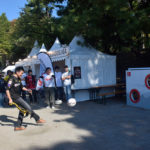
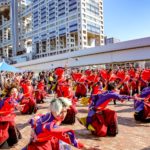
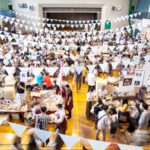








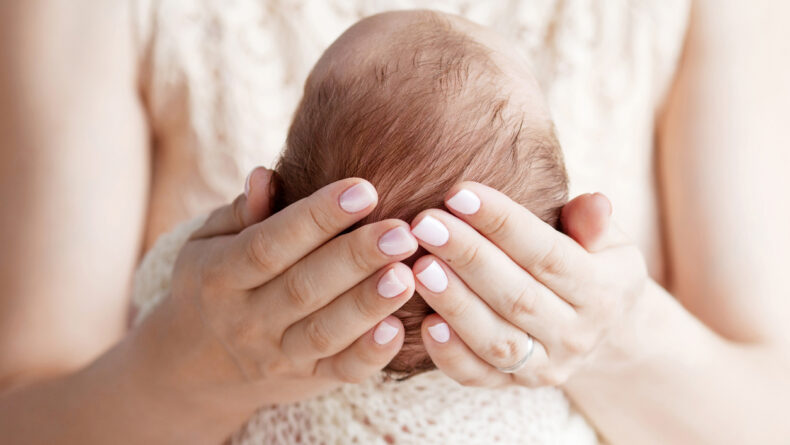
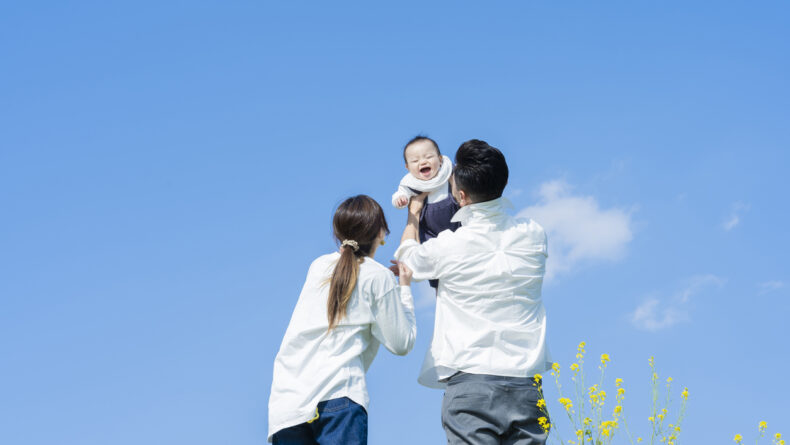

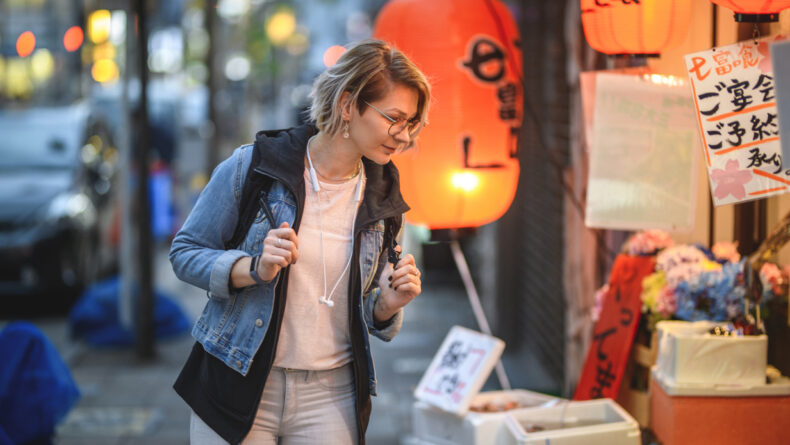
Leave a Reply